Regular filmgoers must be losing count of the Rabelaisian revelries they’ve been invited to of late. You may recognise the type of do. The camera ushers you through a door and, wham, the music’s strafing your eardrums and everyone’s letting their hair down along, often, with their underwear. There’s usually a white horse grazing by the pool.
The Ballard adaptation High-Rise has one such scene, as do the latest Le Carré film Our Kind of Traitor and the Saudi-set Tom Hanks vehicle A Hologram for the King. Throw on your party shirt and roll up for another courtesy of The Nice Guys. ‘Dad, there’s like whores here and stuff,’ says the heroine, who is no more than 12. ‘Sweetheart,’ replies her father, ‘how many times have I told you? Don’t say “and stuff”.’
There’s a lot to be wary of in The Nice Guys. It’s a buddy caper crime comedy about the porn industry set in 1977 Los Angeles. Directed by Shane Black, who once upon a time wrote Lethal Weapon and more recently shot Iron Man 3, it’s got the moral compass of a tanked-up frat boy. In roughly equal helpings it serves up an all-you-can-take buffet of punches and punchlines. A side order of extra Marmite comes in the considerable silhouette of Russell Crowe.
But it’s impossible to be snitty about a film that fizzes with such goofy energy and bright-eyed zest to entertain. The Nice Guys is a blast right from the opening scene, in which a prepubescent boy is about to thumb scholastically through a girlie mag called Cavalier when a car, glimpsed silently trundling down a hill through the window, suddenly crunches clean through the house. Its topless driver is a porn starlet called Misty Mountains whose dying words are, ‘How do you like my car, big boy?’
This, it turns out, is a clue to a crime spree in which people involved in a low-budget porn shoot keep dying. The police are nowhere near the case. Instead, the two men hired to locate a missing girl called Amelia are incompetent private dick Holland March (Ryan Gosling) and meathead for hire Jackson Healy (Crowe). They first make each other’s acquaintance in less collegial circumstances: Healy is sent round to warn March off the case by knuckledusting his hooter and, with a loud sound effect that advertises the film’s unpenitential attitude to comedy violence, snapping his arm.
They make a wonderful partnership, gloriously served by a script that keeps them almost too well stocked with ironic repartee and daft stunts. The main event of the plot more or less looks after itself, barrelling along through hold-ups, fistfights and shoot-outs, from at least one of which the pragmatic heroes make their excuses and leave in order to avoid certain death. But it’s in the crannies that all the pleasure is had: a pointless debate about ventriloquism, a kid on a bicycle boasting about the size of his manhood, the guys’ thwarted efforts to question an environmental protest group who are pretending to be dead.
Gosling climbed stardom’s squash ladder playing humourless, so he’s a surprise hoot as a buffoon on the edge of a hysterical breakdown. Whatever you think of Crowe, he knows how to wear a pair of inverted commas; he’s borderline huggable as a weary he-man in a cartoon version of his thug cop from L.A. Confidential. Another nod to that film comes in the shape of Kim Basinger, who plays a big cheese in the justice department with (whisper it despondently) the frozen look of the freshly Botoxed. The film’s third ace is March’s diminutive daughter Holly, who after her mother’s death is practically her dad’s parent and self-appointed partner in crime-busting. This element could have been ickily inappropriate but Angourie Rice, who is Australian, nails the accent and the attitude. ‘Am I a bad person?’ he asks her early on. ‘Yes,’ she says like judgmental pre-teens the world over. ‘Just drive.’ Not that the film is quite suitable for 12-year-olds.
The cars are a treat, as are the Seventies fashions, and the party scene has lesbian mermaids if that’s your field of interest. There is a beautifully judged series of sight gags involving falling bodies: one flies past the protagonists in a lift; a corpse is disposed of over a fence and lands on a barbecue party; two men tumble from a top floor towards a swimming-pool, one going splash, the other splat.
In short, The Nice Guys is a film that someone forgot to write up as a comicbook first. Its over-exuberance is entirely forgivable. Expect The Nicer Guys and perhaps The Nicest Guys to roar down thefreeway and probably not be anything like as much fun.
Got something to add? Join the discussion and comment below.
Get 10 issues for just $10
Subscribe to The Spectator Australia today for the next 10 magazine issues, plus full online access, for just $10.

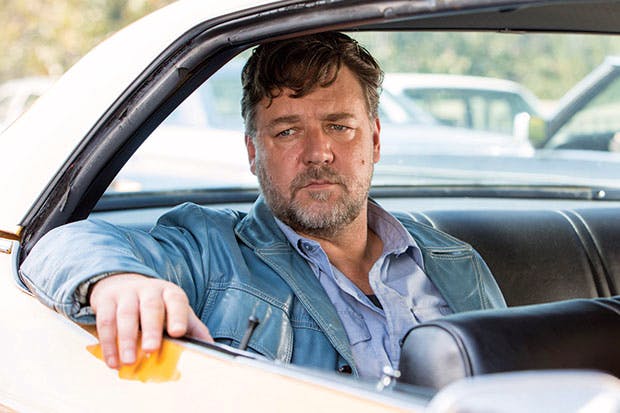


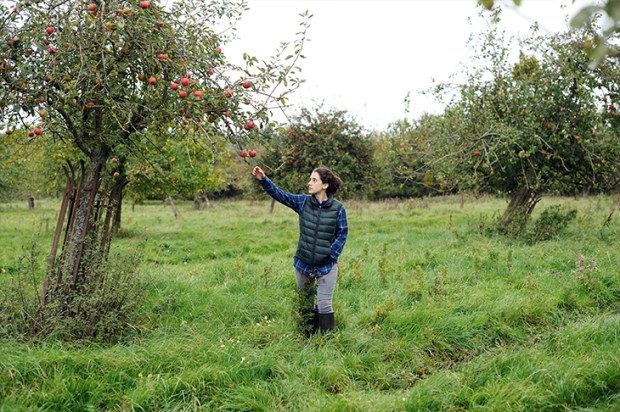
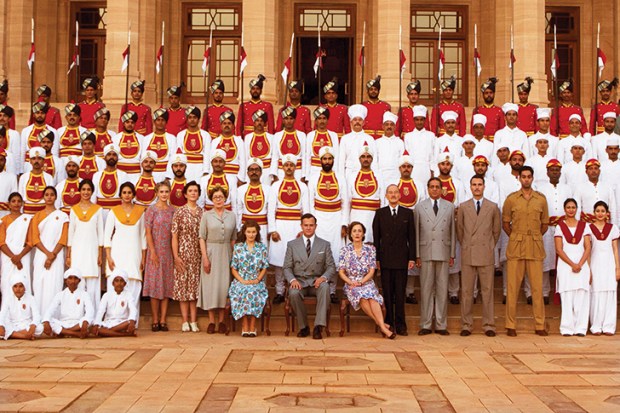
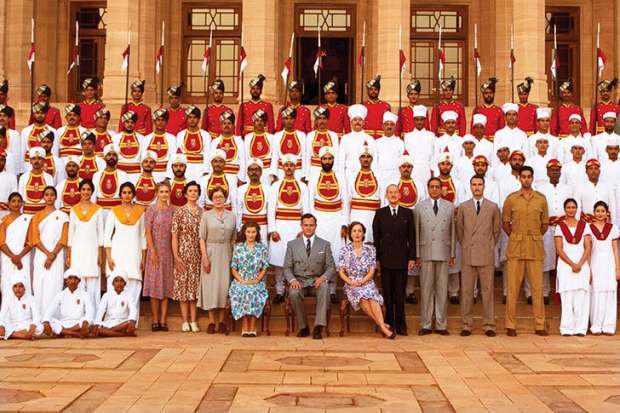
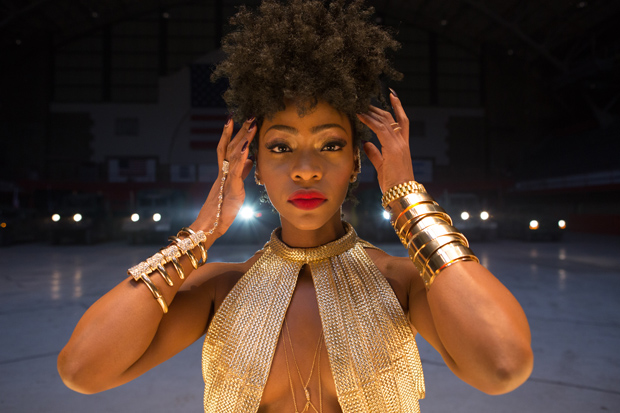






Comments
Don't miss out
Join the conversation with other Spectator Australia readers. Subscribe to leave a comment.
SUBSCRIBEAlready a subscriber? Log in